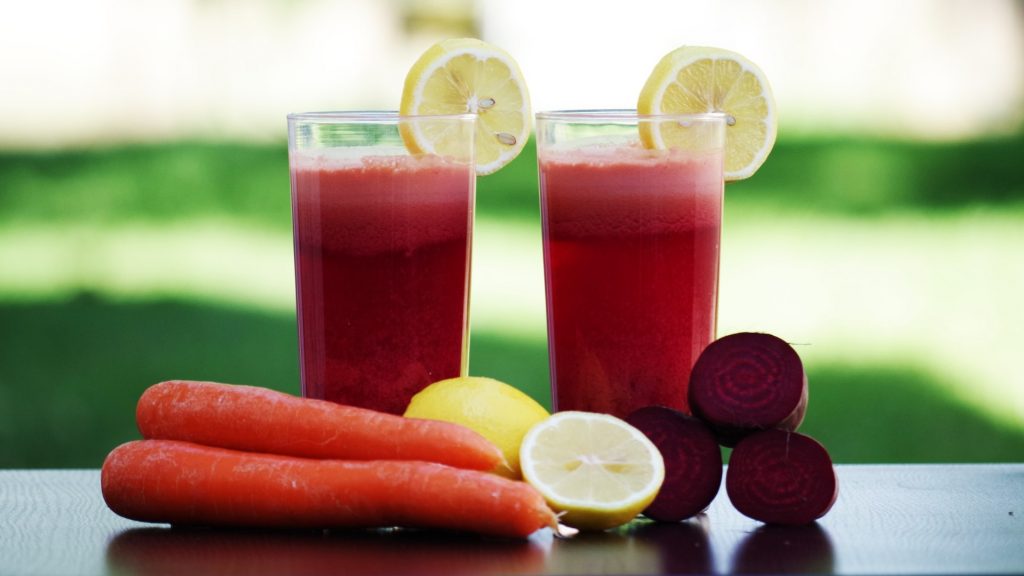FREE Shipping on Orders over $89 with Account – Create One Today!
- (844)-859-9400
- Get Help

Living with Ulcerative Colitis can be a struggle. But taking control of your diet is probably the most effective way to help manage your condition. In fact, a healthy and balanced ulcerative colitis diet is essential for maintaining good health and getting more out of life while living with UC.
While no single dietary plan works best for everyone, following specific tips can help ensure you stay nourished while minimizing digestive flare-ups. With the best advice and guidance from health experts, you can get proper nutrition while living with UC.
Ulcerative colitis is one of the two inflammatory bowel diseases which affects the colon or the large intestine. It starts from the rectum and spreads to the large intestines, causing bloody stools.
An ulcerative colitis flare-up is the return of the symptoms after remission. So you’ll experience abdominal pain, diarrhea, rectal bleeding and pain, fatigue, and urgent bowel movements. You will be given medications to induce remissions as quickly as possible. Certain diet changes can also shorten flares.
Although no specific diet plays a role in causing UC, some healthy changes to your diet can control the condition.
Some tips to keep in mind:
A low fiber diet for ulcerative colitis can reduce the most stressful symptoms, such as abdominal cramping and pain. These diets are designed to reduce the amount and frequency of the stools you pass.
You can eat the following as a part of your diet for ulcerative colitis flare up:
You might find you can tolerate certain foods, while others will worsen your symptoms. Keeping a record of the food you have eaten, along with any flareups, will allow you to identify the foods you can’t tolerate.
However, it’s best to consult with your dietician or doctor before eliminating a particular food from your diet, as you might need the vitamins and minerals that food provides.
It can be difficult for someone with ulcerative colitis to know what’s safe for them to eat because their diets may contain various unidentified triggers. And due to their inability to consume various foods, they may be at higher risk for nutrient deficiencies. Another potential problem is difficulty with nutrient absorption.
To ensure that you get enough nutrients, try the following recipes for an ulcerative colitis diet:
Trigger foods can cause the unpleasant symptoms of ulcerative colitis. However, they don’t cause harm to your body. Keep in mind that trigger foods are not the same for everyone, but below are the most common:
There are also foods associated with increased inflammation, such as red meat, processed meat, coconut oil, palm oil, and dairy fat.
Successfully manage your ulcerative colitis by eating a healthy diet and following the tips above. These will help reduce flare-ups while still giving you the vitamins and minerals your body needs.
This diet advice applies doubly if your symptoms have resulted in a life-saving ostomy surgery. If you need quality supplies, like a two-piece drainable pouch, barrier strips, or wipes for your stoma, Medical Monks has a wide range of brands you can choose from.

Edited for content by ADAM PAGE.
